Italy is renowned as one of the most influential states in the world and plays a crucial role in the growth of the Euro. While many countries in the Eurozone contribute to the welfare of the EU, Italy demonstrates significant strength in implementing sound economic policies and regulatory frameworks. This holds true for Forex trading as well, with approximately 15% of the total FX transactions in the EU being conducted by Italy. Given Italy’s substantial impact on market volatility, major global Forex brokers have seized the opportunity to offer their services in the country. Additionally, local Italian Forex brokers are regulated by the Commissione Nazionale per le Società e la Borsa (CONSOB). This central regulatory authority operates under the MiFID, an EU directive that ensures a uniform financial code of conduct across all Eurozone countries. Refer to the table below for more information about Italian Forex Brokers.
Best Forex Brokers in Italy
-
24/7 instant money withdrawal
-
Specialized trading accounts
-
Free VPS hosting
-
High leverage
- Withdraw fee$0
- Deposit fee$0
- Max Leverage1:10000
-
Specialized trading accounts
-
Free VPS hosting
-
24/7 instant money withdrawal
- Withdraw fee$0
- Deposit fee$0
- Max Leverage1:888
-
Specialized trading accounts
-
24/7 instant money withdrawal
- Withdraw fee$0
- Deposit fee$0
- Max Leverage1:50
-
24/7 instant money withdrawal
-
Free VPS hosting
-
Specialized trading accounts
- Withdraw feeN/A
- Deposit feeN/A
- Max LeverageN/A
-
Specialized trading accounts
- Withdraw fee0$
- Deposit fee0$
- Max Leverage1:400 (1:30 for EU)
-
Free VPS hosting
-
Specialized trading accounts
- Withdraw fee$0
- Deposit fee$0
- Max Leverage1:500
-
Specialized trading accounts
-
24/7 instant money withdrawal
- Withdraw feeN/A
- Deposit feeN/A
- Max LeverageN/A
-
Free VPS hosting
-
Specialized trading accounts
-
24/7 instant money withdrawal
- Withdraw feeN/A
- Deposit feeN/A
- Max LeverageN/A
-
Free VPS hosting
-
Specialized trading accounts
-
24/7 instant money withdrawal
- Withdraw feeN/A
- Deposit feeN/A
- Max LeverageN/A
Brief History of Forex Trading in France
For a long time, French FX traders have had the opportunity to trade currencies. Initially, currency trading in the country was conducted over the telephone due to the lack of advanced technology to facilitate Forex trading. This required traders to call their brokers to place orders. With technological advancements, the process has been automated, leading to a significant increase in the number of individuals trading currencies online in France. The key stakeholders in the trading of currencies in France include the Banque de France (France’s central bank), approved banks, Forex brokers, hedge funds, institutional investors, and investment companies.
The proliferation of multi-bank Forex portals has notably contributed to the growth of Forex trading in the French market. These portals have become exceedingly popular, facilitating easier access to currency trading. However, the rapid growth of Forex trading has also posed challenges for local regulators. A notable example of such challenges is the LIBOR scandal in 2013, where several major traders and Forex brokers were implicated in manipulating the LIBOR rate to make substantial profits. This scandal called into question the integrity of the French markets, as some French stakeholders were also implicated.
Regulation of Forex Trading in France
The main regulatory body in France is the Autorité des Marchés Financiers (AMF), which oversees and regulates the trading of currencies in the country. The AMF supervises several financial entities, including financial service providers, banking institutions, AMF-regulated Forex brokers, and insurance firms. The AMF operates independently, funded through fees and fines collected from the institutions it supervises, ensuring impartial decision-making in the regulation of currency trading and other financial activities.
As part of the Eurozone, France adheres to certain EU-wide regulatory standards while maintaining the flexibility to implement its own regulations. French regulation has traditionally been stringent, requiring brokerage companies to trade only with entities with which they have a direct relationship. However, these rules have been relaxed to allow new and foreign Forex brokerage companies to establish operations in the country.
Some of the requirements for Forex brokers in France include:
1. **Authorization**: Any entity wishing to offer financial services on a commercial scale must hold written authorization from the AMF, meaning they should be licensed by the organization.
2. **Capital Requirements**: A Forex broker must have sufficient capital to start their operations, which must be always available and not borrowed.
3. **Minimum Operating Capital**: Financial institutions trading for their account should have a minimum operating capital of around €730,000, while firms offering financial services without trading should have around €125,000.
France also adheres to the Markets in Financial Instruments Directive (MiFID), the EU’s financial regulatory framework. MiFID-regulated Forex brokers must:
– Be regulated, licensed, and authorized to operate in the specific countries where they offer services.
– Classify clients into eligible clients, professional traders, and retail clients to ensure tailored service and protection.
– Collect relevant client information when accepting orders to ensure proper handling and aggregation.
– Ensure the best possible execution of all orders, considering factors like execution speed, cost, and settlement likelihood.
– Maintain transparency by publishing useful pre-trade and post-trade information, such as the five best price levels on the buy and sell sides.
Features of Forex Brokers in France
**Deposit Methods**: France’s advanced technological infrastructure extends to the Forex industry, offering various deposit methods such as debit and credit cards, eWallets, and wire transfers.
**Trading Platforms**: Many French Forex brokers use generic platforms like MT4, cTrader, and Sirix, available as web apps, desktop clients, and mobile platforms. Some brokers develop proprietary apps for news, information, and updates on technical and fundamental analysis.
**Spreads and Commissions**: French Forex brokers typically charge spreads instead of commissions. The spread depends on the currency pair, and some brokers may charge a commission for CFD trading services.
**Customer Service**: Quality customer service is crucial for Forex brokers, especially those without many physical locations. French Forex brokers offer efficient, knowledgeable customer service in French and often English, with localized platforms and support systems.
Alternative to Local French Forex Brokers
While local regulations may pose challenges for setting up brokerage companies in France, they ensure the safety and reliability of Forex trading. As part of the EEA agreement, French traders can trade with Forex brokers across the EU without needing a valid license from the AMF. However, the French authorities recommend trading with brokers regulated by the AMF or MiFID to ensure better protection. Unlike other jurisdictions like the US, France does not restrict its residents from trading with international Forex brokers outside the EU, though local and EU-regulated brokers offer more protection.
Popular Forex Brokers in France
OctaFX: Founded in 2011, OctaFX is a global leader in Forex trading. Known for its user-friendly platforms and competitive spreads, OctaFX offers both demo and live accounts, catering to novice and experienced traders. The broker provides services on multiple platforms, including mobile apps, and features real-time information and social trading platforms for beginners to learn from professional traders.
AvaTrade: This reputable brokerage company offers Forex and CFD trading, regulated by the Central Bank of Ireland and licensed by multiple financial authorities, including the FCA. AvaTrade provides extensive educational resources, personal account managers, and trading specialists. The broker supports multiple trading platforms, ensuring every trader finds a suitable option.

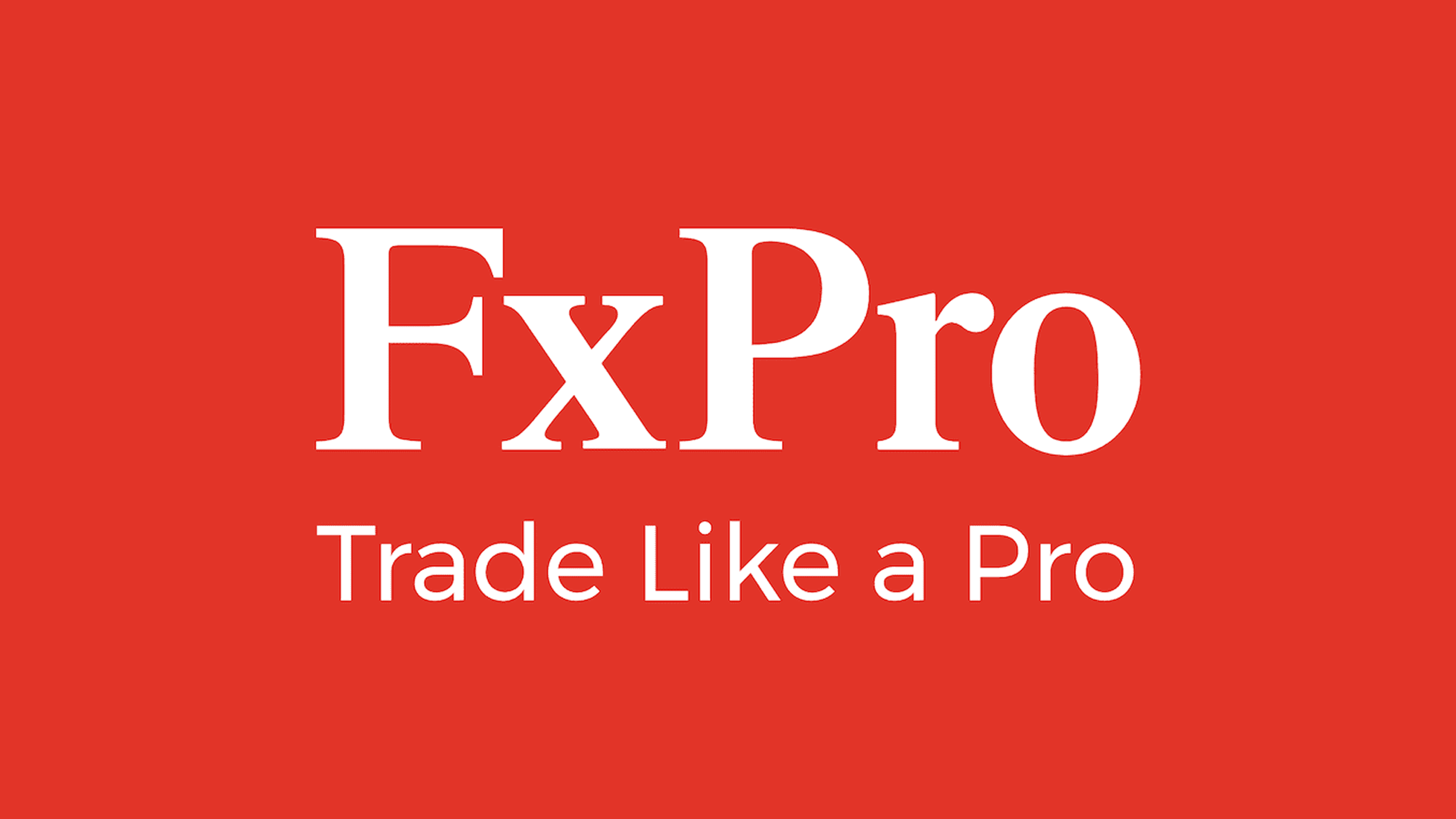
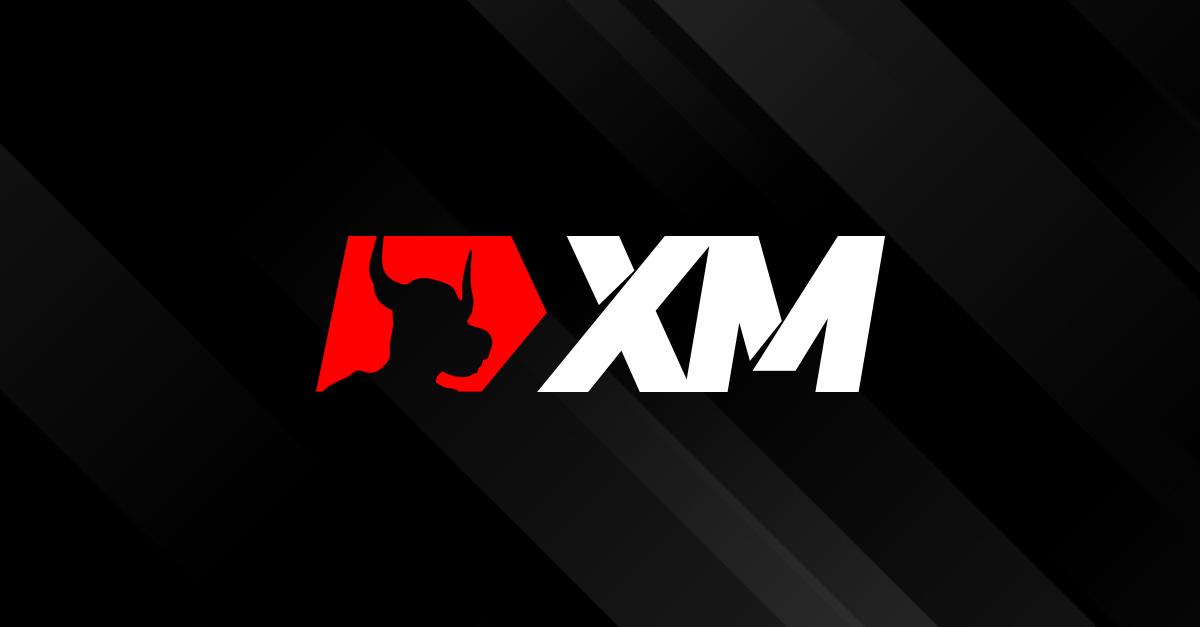
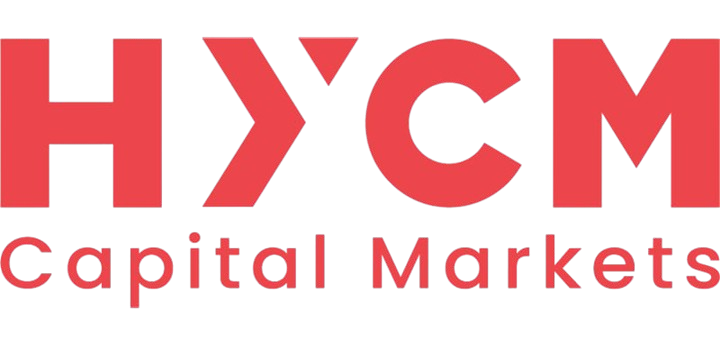


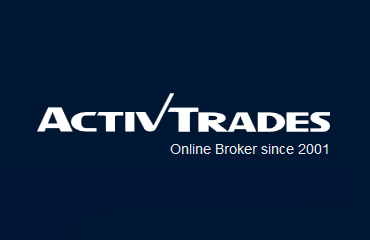

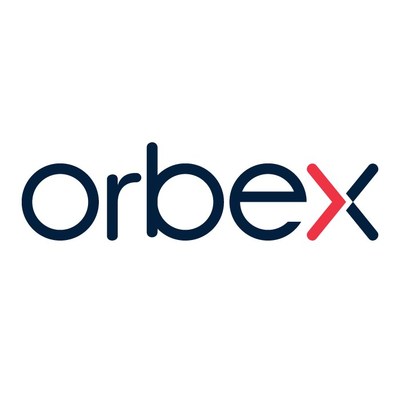
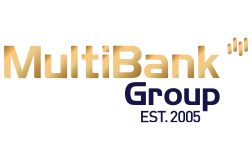

 IndiaIN
IndiaIN United StatesUS
United StatesUS